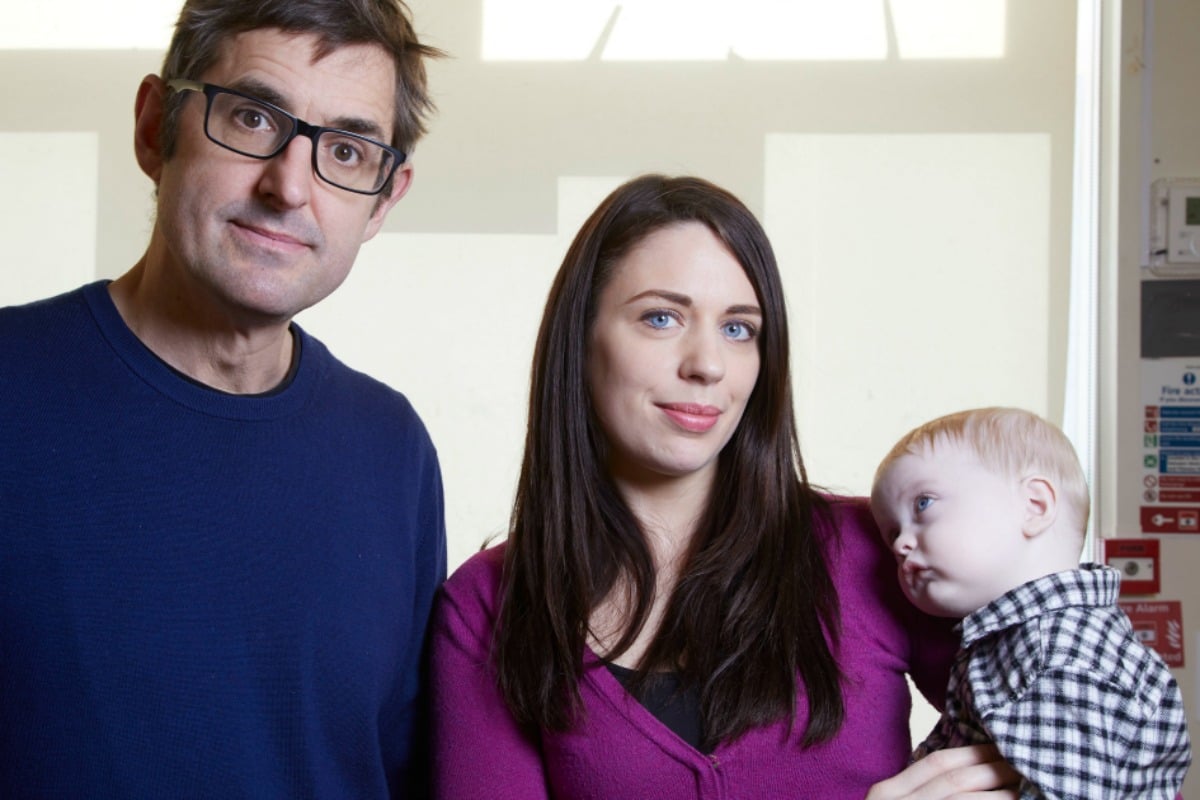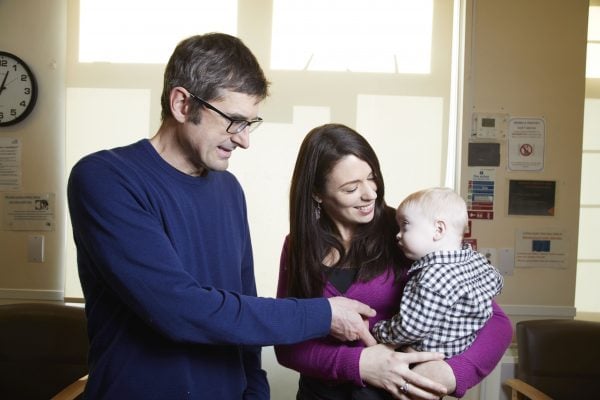
When Catherine held her baby Jake in her arms for the first time, she did not feel love.
There was no connection. No fulfilment. Certainly no ecstasy.
In that moment, she was overwhelmed by a single thought. Catherine wanted to run away, as far from all this as possible.
It wasn’t how she’d felt almost exactly 12 months earlier, when she’d held her first baby in her arms, marvelling at his fingers and toes.
There was a difference, though.
Catherine’s first baby never drew breath. He wasn’t alive when she held him.
Along with her partner Chris, they made the decision to terminate the pregnancy due to fetal abnormality.
When Jake wriggled and cried and clutched Catherine’s flesh, she stared back at him perplexed. Where were the feelings? And would they ever come?



Top Comments
Women like this have always existed. I have one or two in my own family tree, and mothers who don't love or abandon their children have been written about in literature and historical accounts for centuries. Queen Victoria was famously non-maternal, despite the 9 kids. (She just had a really high libido and in a world without contraception, babies were the inevitable result) Infanticide was extremely common throughout antiquity, and even fairy tales (in their original forms) are chock-full of evil mothers abusing or abandoning their unwanted children in the forest (these characters were later changed to stepmothers when they were written down to make them more palatable to the target audience at the time).
So this idea that "maternal instinct is universal and all women have it" is actually a very modern myth, and people like Catherine and their children are the victims of it. Open acknowledgement and discussion of this is long overdue, and props to Louis for doing what he does best and finally tackling an issue that no one wants to talk about.
The best thing said to me when I was pregnant with my first was that sometimes you won't like your baby very much. It was said by someone who I thought was a great mum and it made me realise that it is okay to not be totally on board with motherhood from the get go, that it takes time to get to know someone and we don't always get off to the best start with new people. Sometimes you will look at the screaming, wriggling mess you created and think "I really don't like you at all" and that is okay.